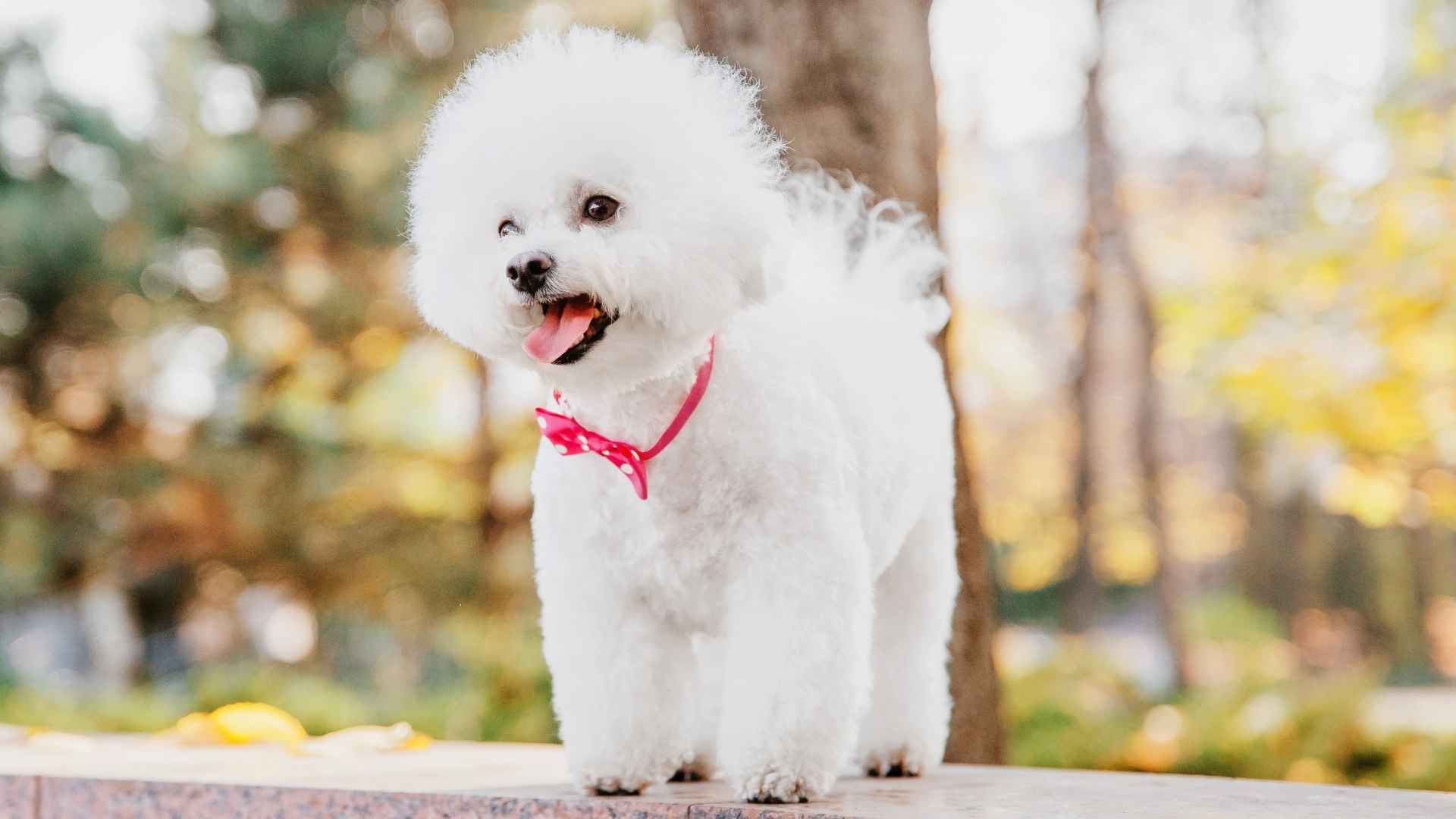What can be more heartbreaking for a dog parent than seeing their pup suffer from a genetic disorder? While all dogs are prone to some kind of genetic illnesses, irresponsible breeding can cause genetic disorders in these lovable animals.
All dogs deserve loving homes, but losing your pet early to genetic illnesses can be a crushing experience. While dogs have different levels of health and different life spans, you can go through this review to learn about the 9 dogs less likely to have genetic disorders.
Healthiest Dog Breeds with Least Genetic Disorders
1. Australian Cattle Dog
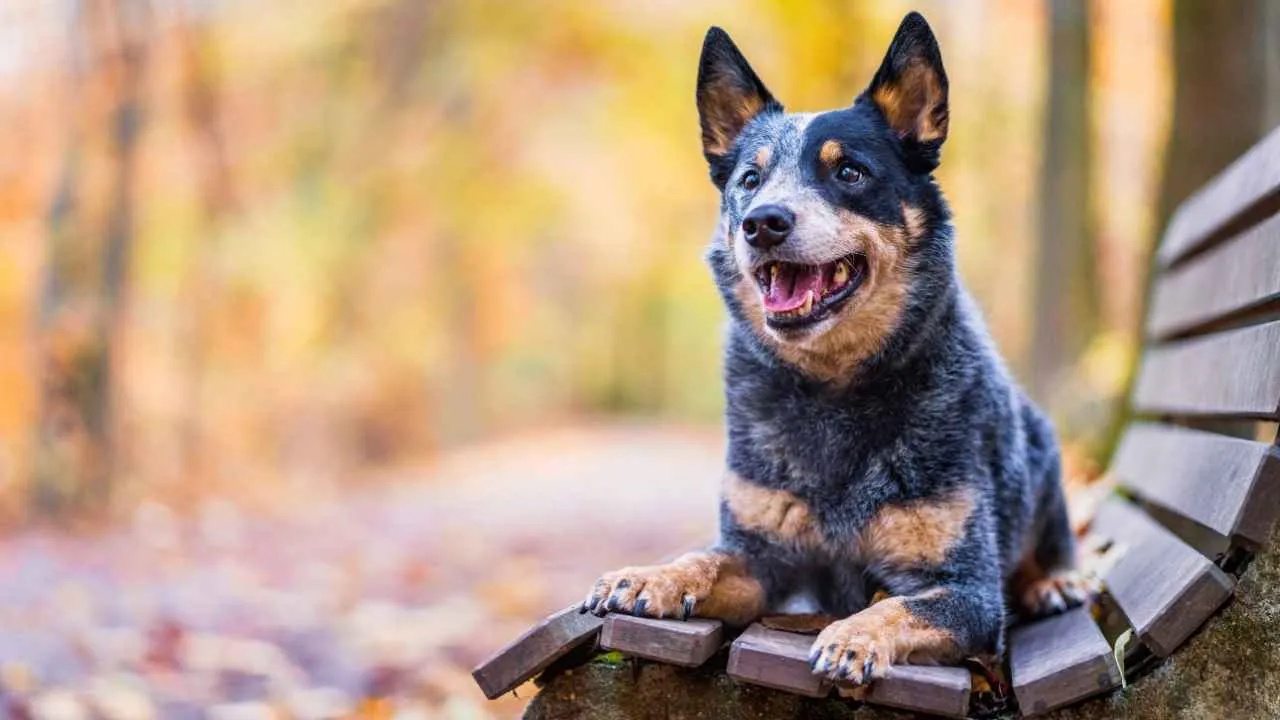
Have you ever heard of Bluey, one of the oldest dogs to have ever lived, at 29 years and 5 months old? Bluey was an Australian cattle dog owned by a family in Rochester and holds the record for one of the oldest living dogs in the Guinness World Records.
Bluey must’ve been really lucky, or well-cared for. But Australian cattle dogs are generally healthy dogs with an average lifespan of 12 to 16 years.
Originally bred as herding dogs, these canines have a sturdy and captivating look with their gorgeous coat and balanced stature. They’re perfect for pet owners with an active lifestyle; regular exercise keeps these dogs healthy.
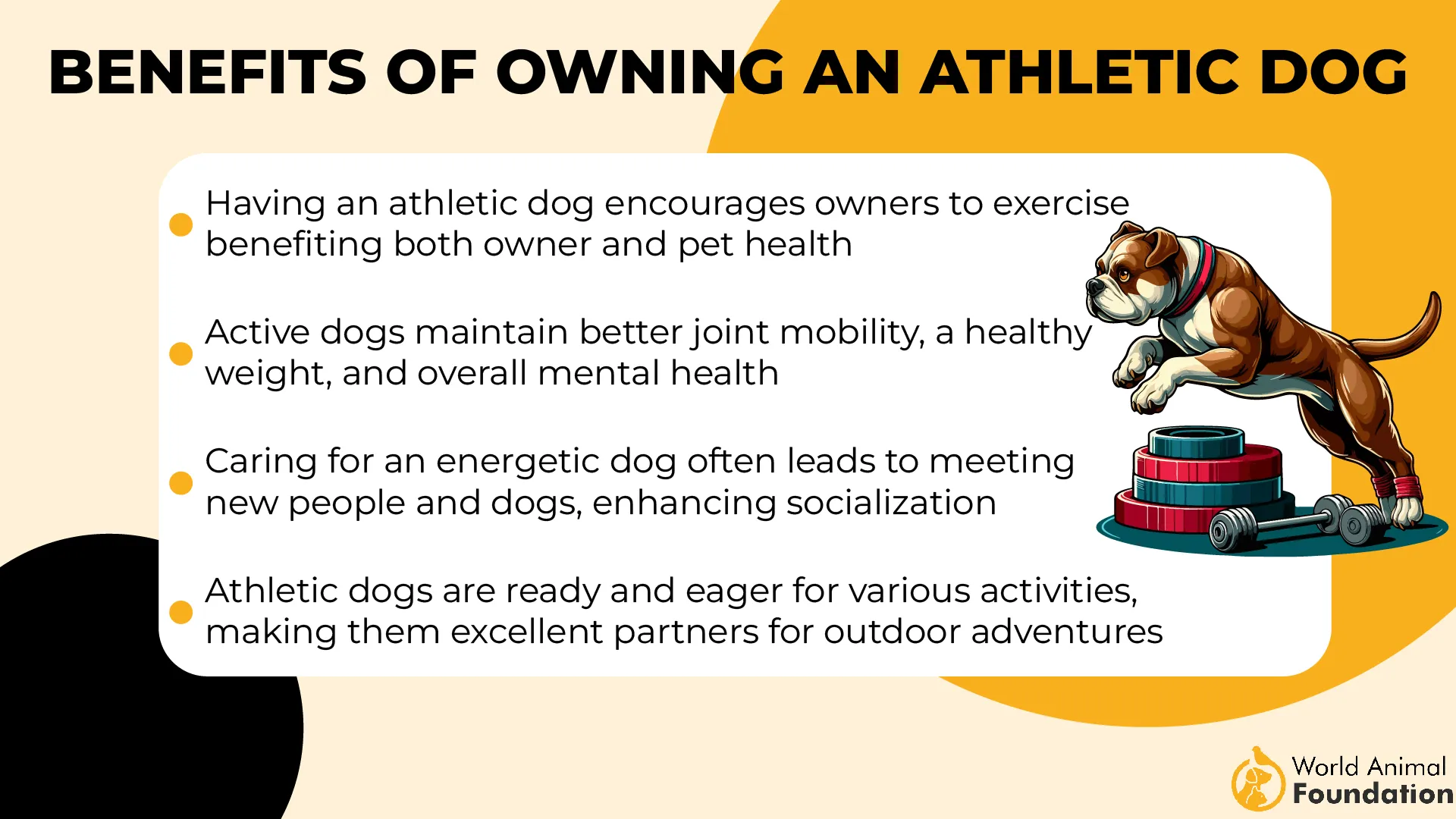
They’re prone to some health issues like progressive retinal atrophy, deafness, and orthopedic diseases. But a good lifestyle and regular vet visits can keep their health in check.
2. Australian Shepherd
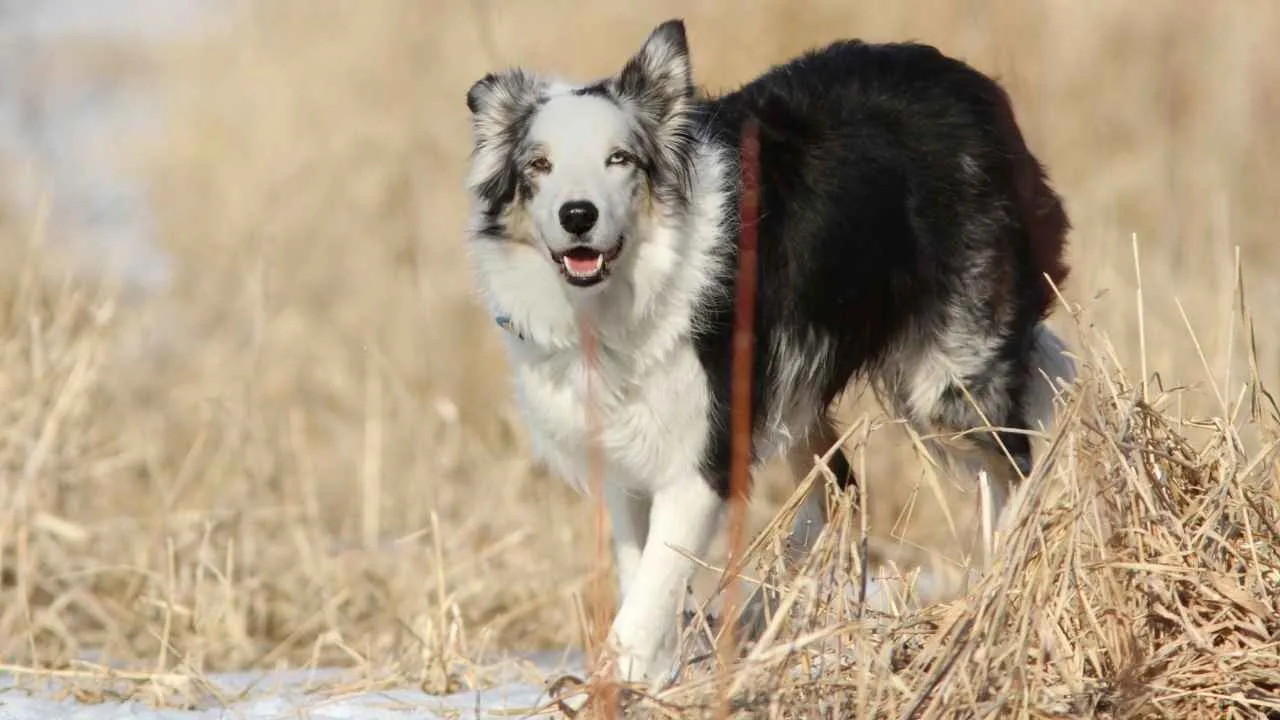
Aussies are undoubtedly one of the healthiest breeds and thrive with pet owners who tend to stay active. This hardy breed makes a perfect fit in active families and has an eager-to-please nature. These dogs are predisposed to fewer genetic disorders and mostly remain healthy.
This high-energy medium to large breed belongs to the herding dog family. With an average lifespan ranging from 12 to 15 years, Australian Shepherds provide their owners with loyal and affectionate companionship throughout their lives.
Aussies love to chase due to their natural prey drive. If the urge kicks in, they might sprint after small animals and cars; basically, stuff that moves. While it can be amusing to watch them run with their fluffy coats and long tails, it’s better to socialize them early to help them get along with other pets like cats.
3. Basenji
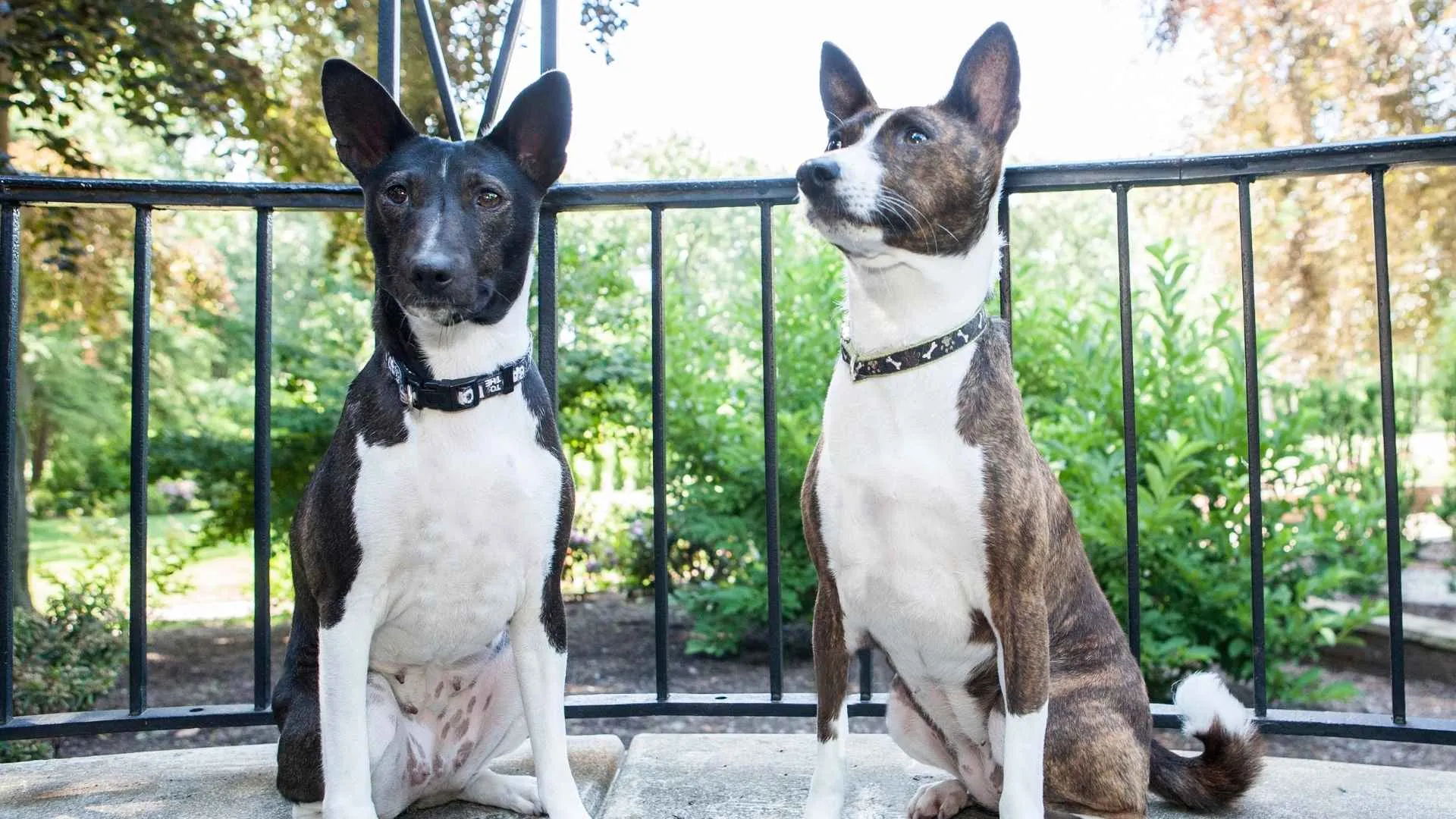
Basenjis are one of the healthiest dogs, noticeable due to their sleek bodies and distinct gait. These “African Barkless Dogs” have an intelligent and independent personality and aren’t the right fit for every household.
Despite being predisposed to some genetic health issues like most dogs, Basenjis are a breed marked by their resilience and good health. This breed has survived in the wilds of Africa for ages on its own. This says something about its ability to continue a healthy legacy.
These energetic and alert dogs love mental and physical stimulation activities. They have a balanced stature, with medium chest and long legs being supported by agile, round feet. Their perky, pointed ears add to their elegant appearance, as AKC notes.
4. Beagle

Beagles are one of the healthiest small breeds and make great family dogs owing to their cheerful nature. With their comical, floppy ears and animated tails, they can brighten up any household.
Smaller canines with many talents, Beagles have a fantastic nose with a penchant for scent work. This breed was originally developed to be hunting companions, so this dog’s health is bound to be good. They’re playful and easygoing but will freak out a little if they sense something is a threat.
Mental stimulation and physical activity are both a must for these compact dogs. They can stay their best, spunky selves mostly, but some major health issues they’re predisposed to are: Hypothyroidism, IBS, and Hip dysplasia.
5. Bichon Frise
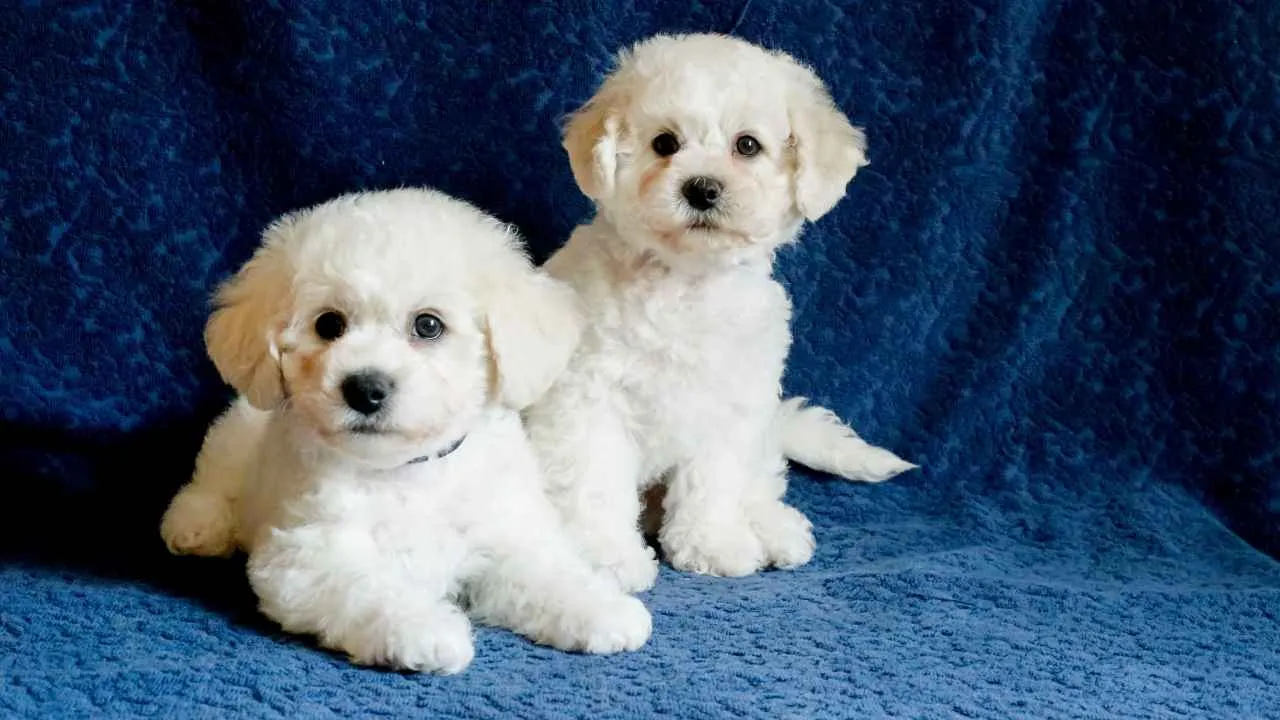
Bichon Frise looks like furry marshmallows with their soft and thick white coat. Their adorable face and gentle eyes help them squeeze into the hearts of pet parents.
With their big personality and the heart of a comedian, Bichon Frise are friends to everyone. These cherished pets have an average life expectancy of up to 15 years, and they live healthy lives if taken good care of.
Their velvety, hypoallergenic coats make them healthy dogs and suitable for people with allergies. Their name is derived from the French word “Bichonner”, which means “to pamper”. Take the hint!
Some health conditions they might suffer from are cataracts, hip dysplasia, and luxating patella. A good breeder always gets early evaluation done for genetic disorders. This dog’s diet should consist of high-quality food approved by your pet.
6. Border Collie
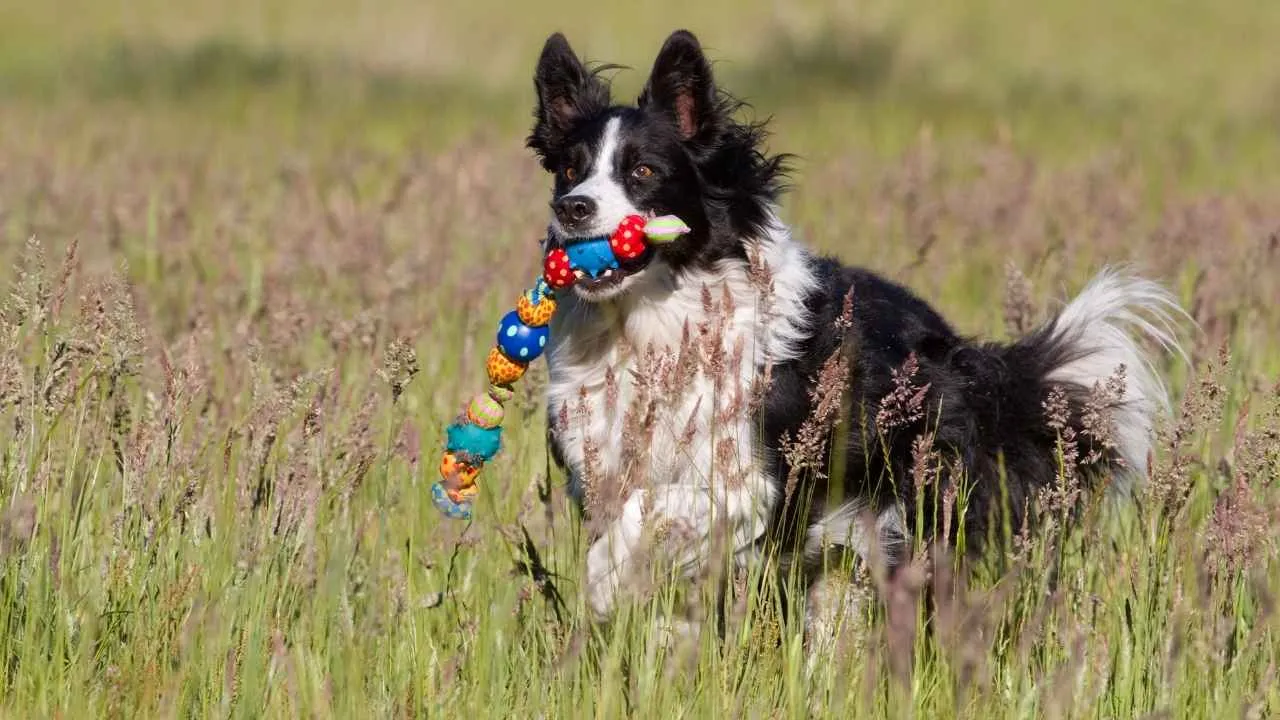
The dream dogs of every family that cherishes an active lifestyle, Collies, normally stay healthy. They can thrive on physical and mental stimulation and stay robust on a balanced diet.
This dog breed native to Scotland gets its name from a Scottish word, “collie” (used for “sheepdog”). Border Collies were used as herding dogs due to their stamina, energy, and intelligence. This healthy breed has broken so many world records; just to mention one, “Jumpy” was a Collie with a record in dog skateboarding.
Screening any dog from a young age for genetic issues is important. Collies are prone to some illnesses like Collie eye anomaly, deafness, and epilepsy.
7. Chihuahua
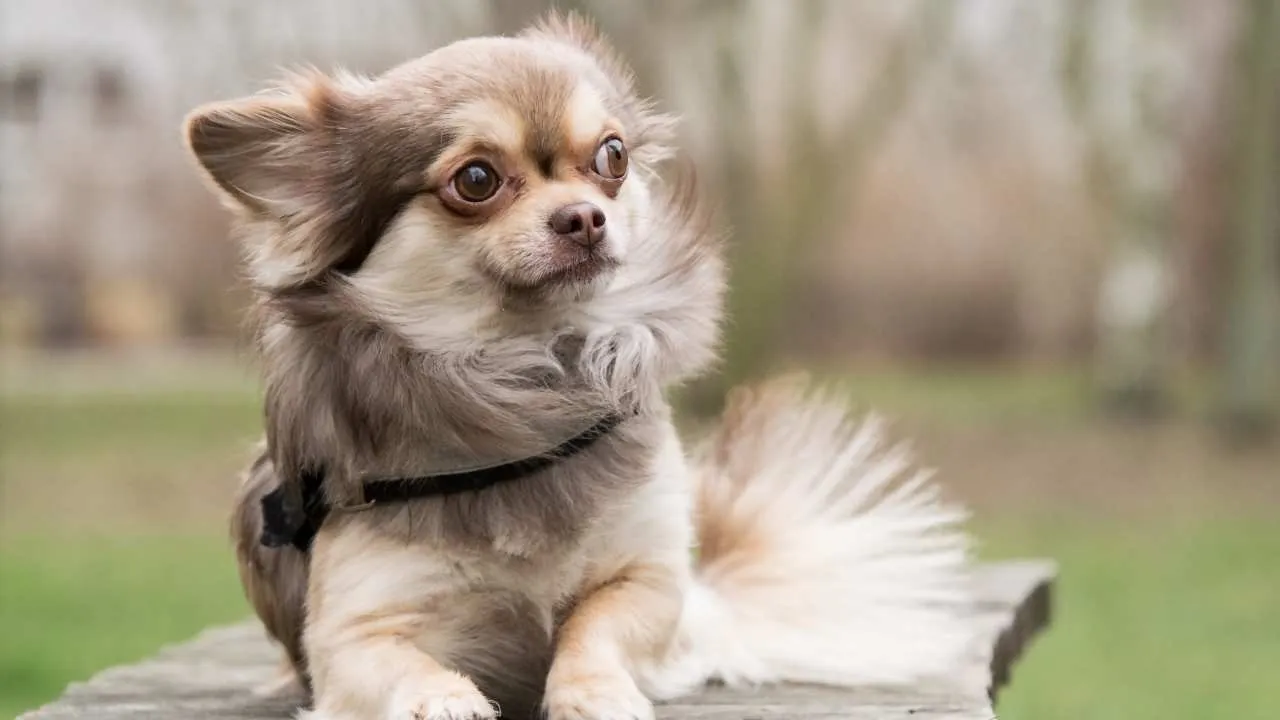
Chihuahuas are spunky little dogs that look like Gremlins with a hidden agenda. They’re not just cheerful family pets, but also resilient dogs with a long lifespan of up to 20 years.
Chihuahuas are dogs with a clan mindset; they can get along with other dogs with proper training, but they’d rather stick to their own breed. They love to burrow under blankets and clothes, literally anything. They might have gotten this instinct from their Techichi ancestors, who loved burrowing under sand.
They can stay in good health with proper care, but they might suffer from a few health issues like eye and heart issues, and patellar luxation.
8. Dachshund
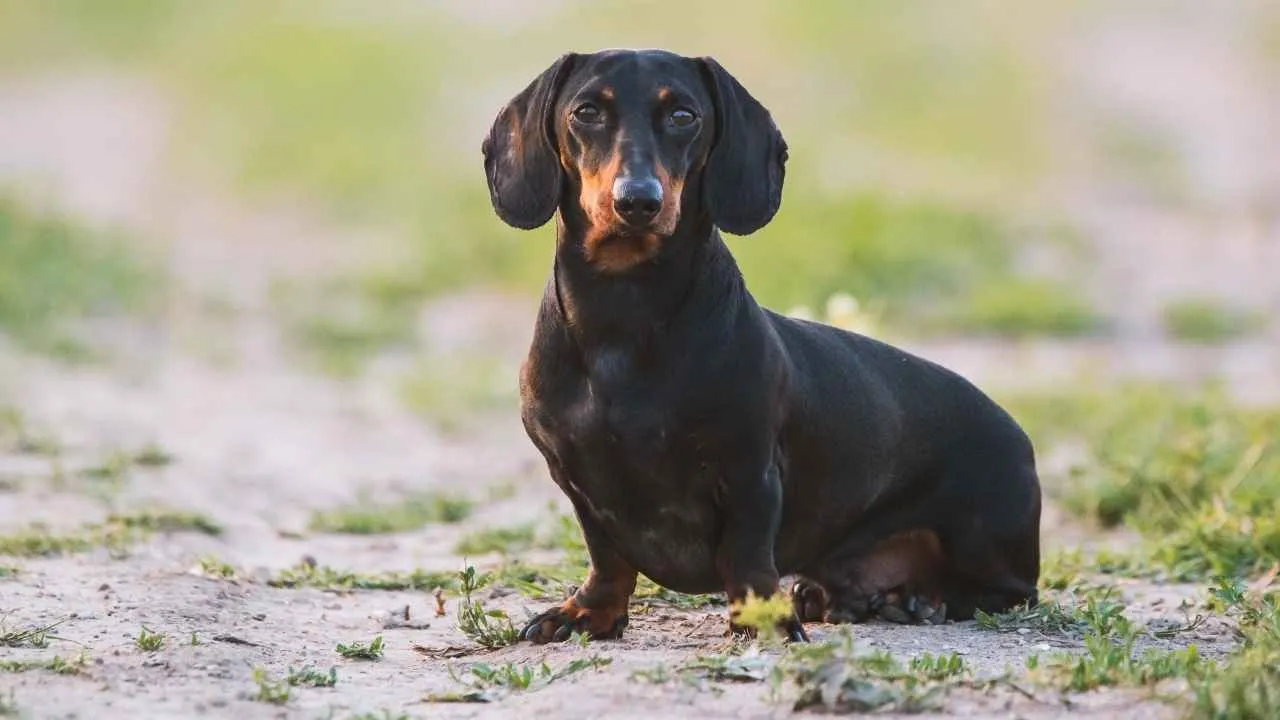
Dachshunds have an unforgettable appearance due to their floppy ears, long bodies, and short legs. These small but athletic hunting dogs were used to hunt small game like badgers, which explains their nickname (Badger dog).
Due to their size, they make amazing lapdogs and great apartment companions. They’re an intelligent breed with a love for exploration, but are also great cuddlers.
Despite being prone to some health problems like epilepsy, diabetes, and intervertebral disc disease, they’re mostly a healthy breed with a lifespan up to 16 years.
9. German Pinscher

German Pinschers are smart and athletic dogs with an origin in Germany. They’re not aggressive dogs but make great watchdogs with their super-alert minds. With a keen sense of independence, these pups need a strong and experienced owner.
German Pinschers are agile dogs that need a lot of physical activity. Regular exercise is at the top of their memo; if you have a sedentary lifestyle, this dog isn’t for you.
These sturdy canines are generally considered healthy, but some health issues they’re likely to have are hip dysplasia, von Willebrand disease, eye disease, and heart disease.
These big dogs need high-quality food with the right portion size; talk to your pet nutritionist about what to feed them. The right combination of diet and exercise will help your pup stay peachy and at a healthy weight.
Conclusion
Even with the healthiest dog breeds, it’s important to schedule their vet visits regularly. If you have a puppy, ask your vet about vaccination and screening for the genetic issues they’re likely to suffer from. Adopting a dog from a breeder known for ethical practices will help ensure your pup is likely to be free of genetic deformities.


